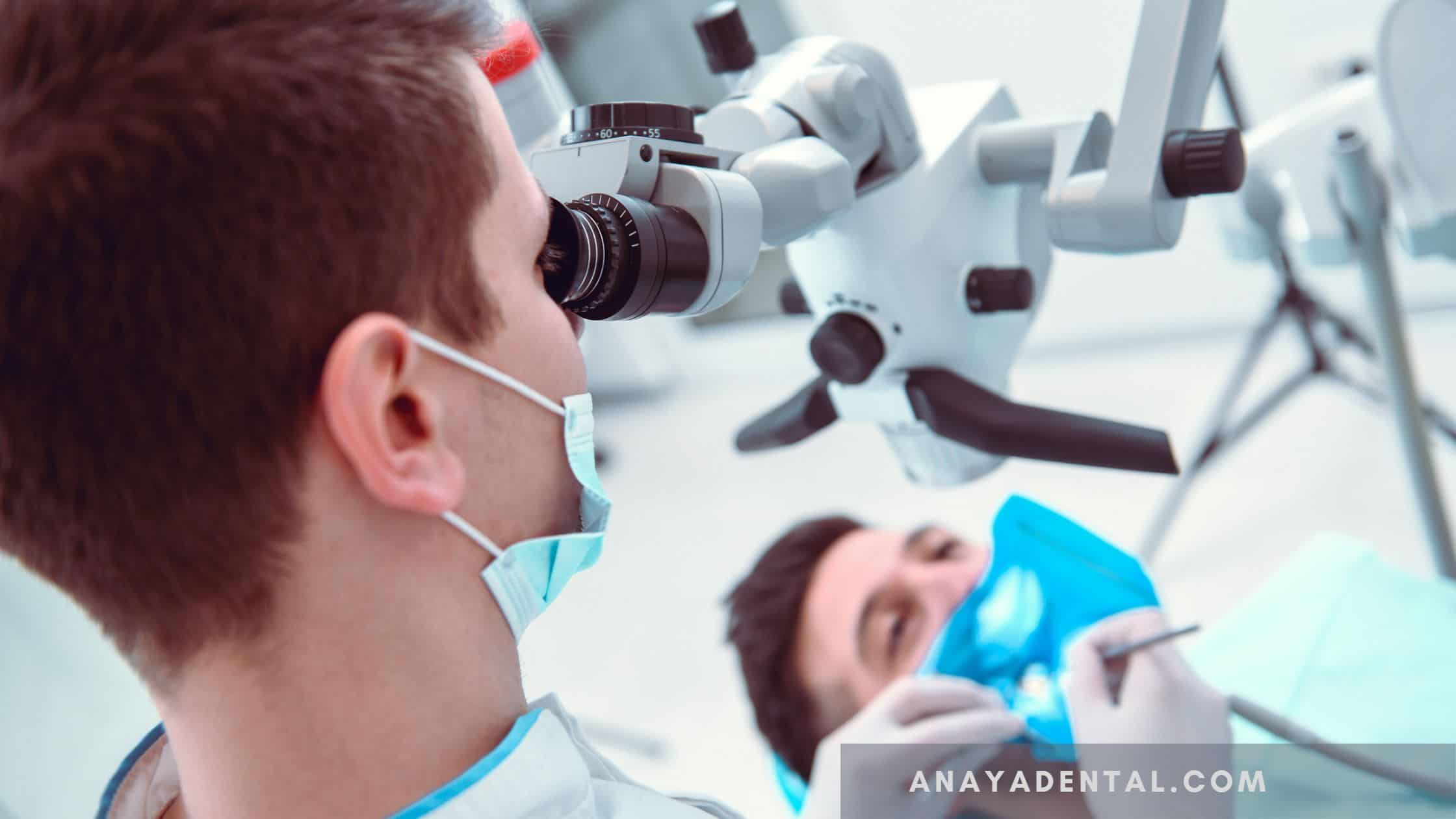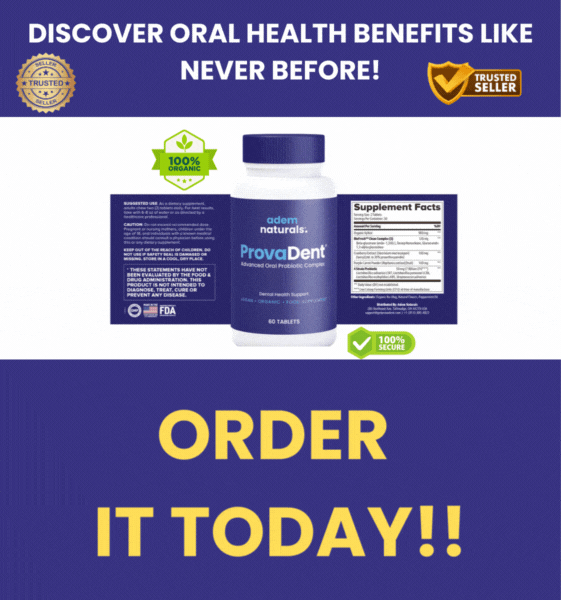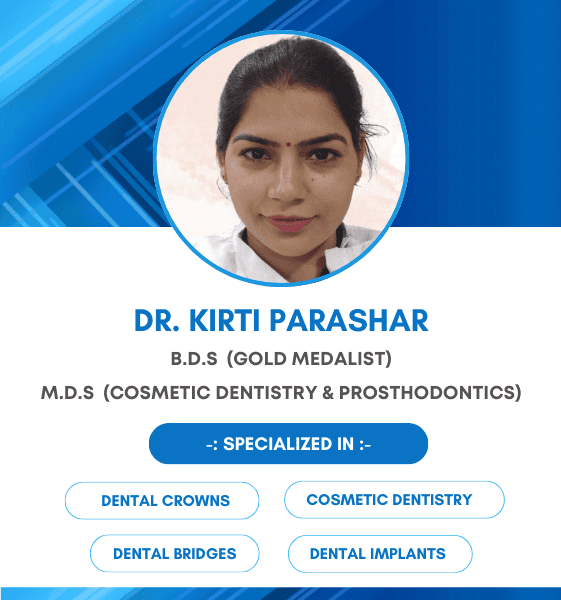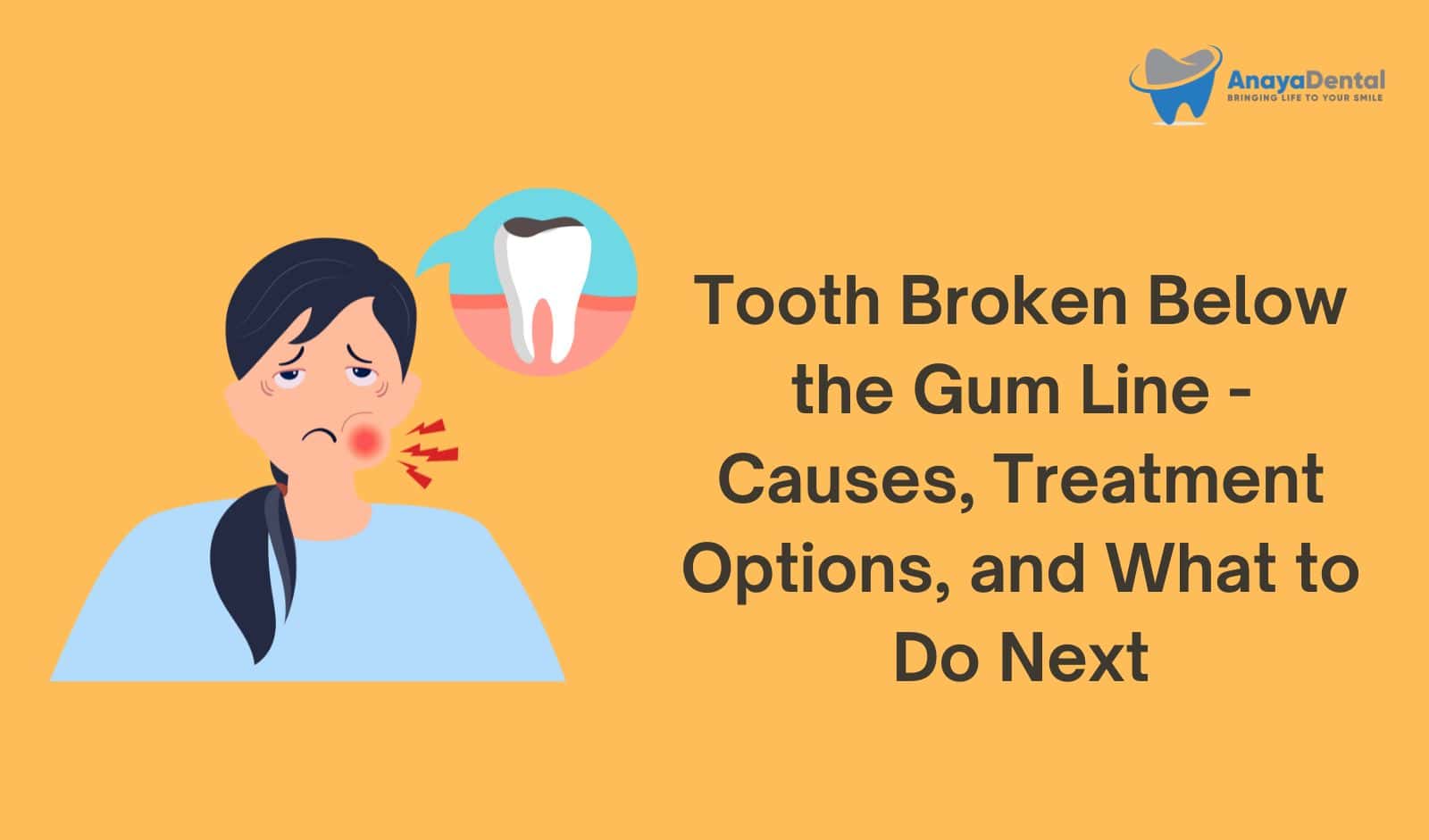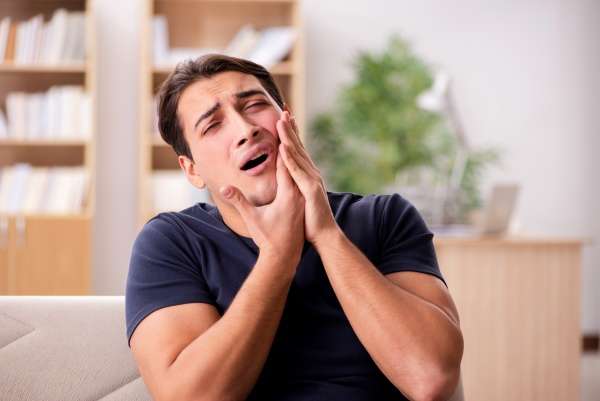1. Will the tooth need any special care or additional treatment after endodontic treatment?
Some patients may need a temporary filling placed in the tooth after the root canal therapy is completed. The dentist will determine if this is necessary. There is no other special care required for the tooth after the root canal therapy is completed.
The tooth may be more susceptible to fractures, so it is important to avoid chewing hard foods on the tooth. It is also important to maintain good oral hygiene and have regular dental checkups to ensure that the tooth remains healthy.
A crown may be necessary after root canal therapy to protect the tooth from fracture.
Try Our Dental Calculators
2. What causes an endodontically treated tooth to need additional treatment?
Endodontically treated teeth are also at risk for developing a condition known as resorption. This occurs when the body starts to break down the tooth in response to an infection or injury. Resorption can weaken the tooth and make it more susceptible to fracture.
It is important to see your dentist regularly after having root canal therapy to ensure that the tooth is healing properly and to catch any problems early. If you experience any pain, swelling, or other unusual symptoms, be sure to see your dentist right away.
3. Can all teeth be treated endodontically?
There is no one-size-fits-all answer to this question. Some teeth may be too damaged or decayed to be treated with a root canal, while others may have roots that are too curved or difficult to access. Your dentist will be able to determine if a tooth can be treated with a root canal and, if so, what the best course of treatment will be.
4. What can I eat after a root canal?
After a root canal, it is important to eat soft foods that are easy to chew. You should also avoid acidic and sugary foods, which can aggravate the tooth and delay healing. Some good options include soup, yogurt, pasta, and rice. You should also avoid crunchy or hard foods, as they can irritate the tooth. When in doubt, ask your dentist for guidance on what to eat after a root canal.
5. Does a root canal kill the tooth?
False.No, a root canal does not kill the tooth. It is a safe and effective way to save a tooth that would otherwise be lost to infection or decay. A root canal is a dental treatment used to save a badly damaged or infected tooth. The tooth is cleaned and all the infection is removed. The canal is then filled with a rubber material called gutta percha.
6. Do you need a crown after a root canal?
The answer to this question depends on the extent of the damage to the tooth. If the tooth is severely cracked or decayed, a crown may be necessary to protect it from further damage. In some cases, a root canal can be performed without a crown, but your dentist will determine if this is an option for you.
7. Can a root canal fail?
Yes, a root canal can fail. If the sealant placed in the canal fails, bacteria can re-enter the tooth and cause an infection. The infection can cause the tooth to become abscessed. An abscess is a pus-filled pocket that forms around the end of the root. An abscess can cause severe pain and may require antibiotics or surgery to treat.
8. What happens if you don’t get a root canal?
If a root canal is not performed, the infection will continue to spread and cause more dental and systemic problems. The tooth may eventually need to be removed. Additionally, the infection can cause sepsis, which is a potentially life-threatening condition.
9. Do root canals cause cancer?
No, Root canal therapy does not cause cancer. In fact, it is a safe and effective way to save teeth that would otherwise need to be extracted. The American Association of Endodontists (AAE) recommends root canal therapy as the best treatment for most teeth with infected pulps.
Root canals are often necessary when the pulp, or soft tissue inside the tooth, becomes inflamed or infected. This can be caused by a deep cavity, repeated dental procedures, or a crack or chip in the tooth. The inflammation or infection can damage the pulp, leading to pain or sensitivity. In some cases, an abscess, or pus pocket, can form at the end of the tooth.
If pulp inflammation or infection is left untreated, it can lead to tooth loss. Root canal therapy removes the damaged pulp and provides a way to save the tooth and prevent further damage.
10. Can I brush my teeth after a root canal?
After a root canal, it is best to avoid eating and drinking for at least half an hour. You can brush your teeth after a root canal, but you should avoid flossing for at least 24 hours.
11. What are the side effects of a root canal?
The most common side effect of a root canal is soreness in the treated tooth. This is usually caused by the procedure itself and not by the anesthesia. The soreness should go away within a few days. Other potential side effects of a root canal include:
- Swelling
- Tenderness
- Redness
- bruising
If any of these side effects persist or worsen, you should contact your dentist.
12. Will a tooth turn black after a root canal?
No, a tooth will not turn black after a root canal. The tooth may darken over time, but this is due to the loss of blood supply to the tooth, not the root canal itself. If you are concerned about the appearance of your tooth, please consult your dentist.
13. How many visits does a root canal take?
Most root canals take two visits. During the first visit, the dentist will clean out the infected tooth and put in a temporary filling. Then, during the second visit, they will put in a permanent filling or crown. In some cases, a root canal can be done in just one visit.
14. Can you smoke after a root canal?
There is no definitive answer to this question as the effects of smoking after a root canal may vary from individual to individual. Some people may find that smoking after a root canal causes no problems, while others may experience discomfort or other issues. It is generally recommended that people avoid smoking after a root canal in order to minimize any potential risks.
15. What kind of dentist does root canals?
A root canal dentist is a dentist called endodontist who specializes in the diagnosis and treatment of diseases and injuries to the dental pulp. The dental pulp is the soft tissue inside the tooth that contains nerve endings and blood vessels. A root canal is a treatment used to save a damaged or infected tooth. During a root canal procedure, the dentist removes the infected pulp from inside the tooth, cleans and disinfects the inside of the tooth, and then fills the inside of the tooth with a special material.
16. When is it too late to get a root canal?
It is not always possible to save a tooth with a root canal. If the tooth has extensive decay or has been abscessed for an extended period of time, the root canal therapy may be unsuccessful. In such cases, the tooth may need to be extracted.
17. Can you eat before a root canal?
You should not eat anything for two hours before a root canal. This is to prevent food from getting into your teeth and gums and causing an infection. You should also avoid drinking anything for at least 30 minutes before the procedure.
18. Is it better to have a root canal or extraction?
Root canal therapy is often the best option for restoring a tooth that has been damaged or lost due to infection. Extraction is only recommended if the tooth is severely decayed or can’t be saved with a root canal.
19. Can you be put to sleep for a root canal?
There are two types of anesthesia that can be used for a root canal: general anesthesia or local anesthesia. General anesthesia involves putting the patient to sleep and numbing the area around the tooth. Local anesthesia numbs only the tooth and the surrounding tissues. Most patients choose local anesthesia because it is less invasive and requires no recovery time.
20. Can you drink alcohol after a root canal?
There is no definitive answer to this question as everyone’s body reacts differently to alcohol. In general, it is recommended that you avoid drinking alcohol after a root canal as it can interfere with the healing process. Additionally, alcohol can increase the risk of complications such as infection. If you do decide to drink alcohol, it is important to do so in moderation and to avoid any hard liquors. If you experience any pain or swelling after drinking alcohol, be sure to contact your dentist.
21. What not to do after a root canal?
Do not smoke or chew tobacco.
Do not drink alcoholic beverages.
Do not eat crunchy or hard foods.
Do not take pain medications that contain aspirin.
